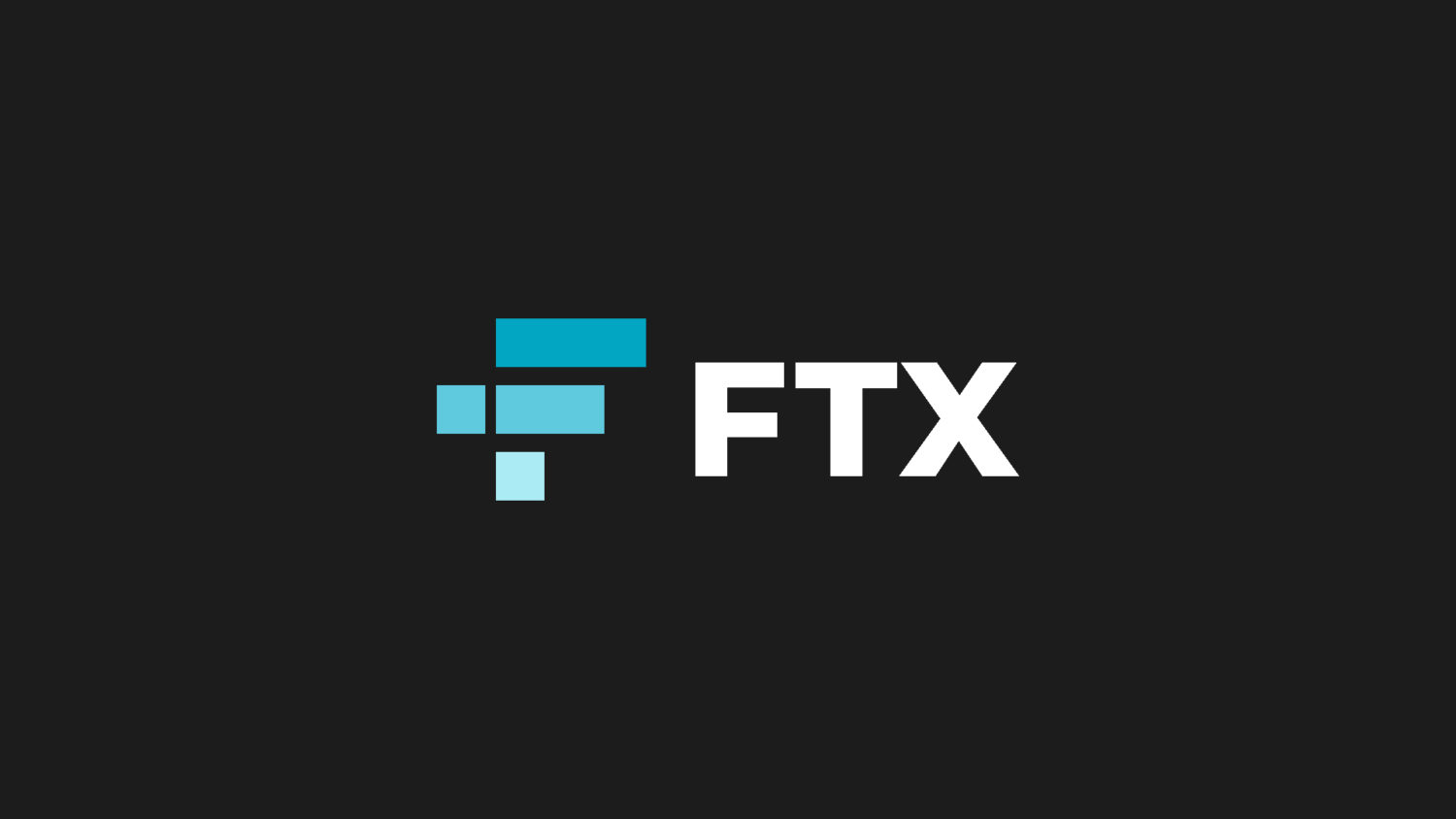FTX Begins Second Round of Creditor Payouts Amid Ongoing Disputes
31.05.2025 16:00 1 min. read Alexander Stefanov
The FTX Recovery Trust has initiated a new $5 billion round of reimbursements, starting May 30, for creditors who completed the necessary steps.
This marks the second major distribution since the collapse of the exchange.
The latest payouts include 72% for Dotcom customers, 54% for U.S. customers, and 120% for those with Convenience Claims. General unsecured creditors and digital asset loan claimants are both set to receive 61%. Funds will be transferred via Kraken and BitGo within a couple of business days.
Observers are closely watching how this influx of funds could affect crypto markets. Large-scale redemptions or asset swaps could introduce volatility, especially if recipients move quickly to sell.
The first payout round, which went out in February and totaled $1.2 billion, was aimed at claimants with under $50,000 in losses. Some analysts suggested that a notable portion of those funds may have reentered the crypto ecosystem.
Still, the reimbursement process has faced backlash. Legal rulings have locked claim values to prices from November 2022—when Bitcoin traded near $16,000—meaning many creditors recovered just 10%–25% of what their crypto would be worth today.
Investor Sunil Kavuri, a vocal critic of the process, also highlighted that citizens of 163 countries remain excluded from any reimbursement—among them Egypt, Iran, Russia, Pakistan, and Greenland. For many, the return of funds offers limited comfort after deep losses and legal restrictions.
-
1
U.S. Bank Advises Clients to Drop These Cryptocurrencies
29.06.2025 10:00 2 min. read -
2
Chinese Tech Firms Turn to Crypto for Treasury Diversification
26.06.2025 17:00 1 min. read -
3
FTX Halts Recovery Payments in 49 Countries: Here Is the List
04.07.2025 18:00 2 min. read -
4
What Are the Key Trends in European Consumer Payments for 2024?
29.06.2025 8:00 2 min. read -
5
What Brian Armstrong’s New Stats Reveal About Institutional Crypto Growth
29.06.2025 15:00 2 min. read
JPMorgan Lawsuit Threatens Crypto Access and Open Banking Rights
JPMorgan and other major U.S. banks are under fire for a lawsuit aimed at dismantling the Consumer Financial Protection Bureau’s (CFPB) newly established “Open Banking Rule.”
Greed Holds as Market Momentum Builds: What is the Market Sentiment
The crypto market remains firmly in “Greed” territory, with CoinMarketCap’s Fear & Greed Index clocking in at 69/100 on July 19. Despite a modest 24-hour dip from 71, the index has now held above 60 for 11 consecutive days.
Top 7 Crypto Project Updates This Week
The crypto industry saw major advancements this past week across DeFi, NFT, Layer 2, and AI-powered platforms.
Peter Thiel-Backed Crypto Exchange Files for IPO
Cryptocurrency exchange Bullish, backed by billionaire investor Peter Thiel, has officially filed for an initial public offering (IPO), marking a major step toward entering the public markets.
-
1
U.S. Bank Advises Clients to Drop These Cryptocurrencies
29.06.2025 10:00 2 min. read -
2
Chinese Tech Firms Turn to Crypto for Treasury Diversification
26.06.2025 17:00 1 min. read -
3
FTX Halts Recovery Payments in 49 Countries: Here Is the List
04.07.2025 18:00 2 min. read -
4
What Are the Key Trends in European Consumer Payments for 2024?
29.06.2025 8:00 2 min. read -
5
What Brian Armstrong’s New Stats Reveal About Institutional Crypto Growth
29.06.2025 15:00 2 min. read


